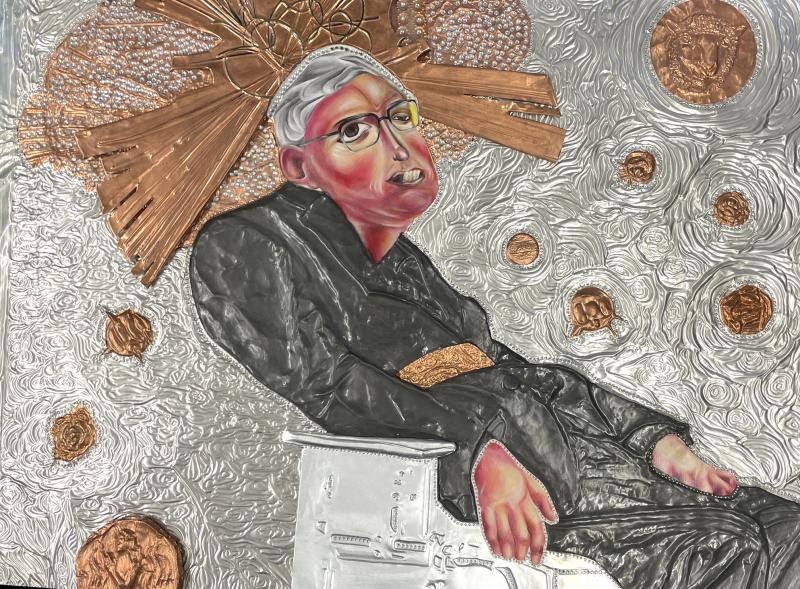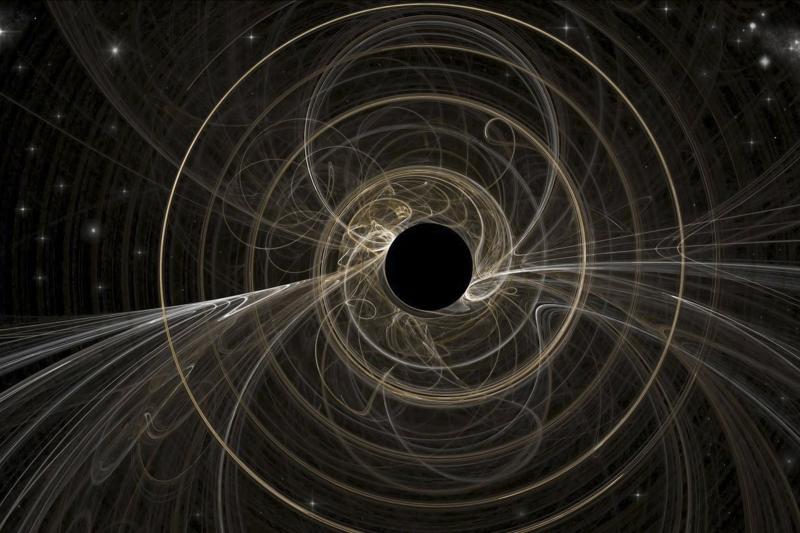Stephen Hawking (1942-2018) was a brilliant British theoretical physicist, cosmologist, and author who made groundbreaking contributions to our understanding of the universe. Born in Oxford, England, Hawking pursued his studies at the University of Oxford and later completed his doctorate at the University of Cambridge, focusing on cosmology and general relativity.

A brilliant physicist and cosmologist, he was renowned for his groundbreaking work in the fields of black holes and general relativity. His extensive research on black holes and their properties, as well as his development of the theoretical concept of Hawking radiation, has had an indelible impact on the scientific community. At the same time, Hawking battled with Amyotrophic Lateral Sclerosis (ALS), a degenerative neurological disease that gradually paralyzed his body but left his mind intact.
The relationship between black holes and ALS might seem tenuous at first, but Hawking’s unique position as an authority in both fields provides an intriguing parallel. Black holes, mysterious cosmic phenomena characterized by their immense gravitational pull and inescapable event horizon, are often thought of as inescapable voids. Similarly, ALS is a relentless and unforgiving disease that progressively erodes the body’s motor functions, eventually leading to total paralysis


Hawking’s seminal work on black holes began in the 1970s when he combined general rela - tivity with quantum mechanics to investigate the behaviour of these mysterious cosmic ob - jects. His research led to the discovery of a phenomenon now known as Hawking radiation, which defied previous notions that nothing could escape a black hole’s gravitational pull; a theoretical process through which black holes can lose mass and eventually evaporate. This upended the prevailing notion that black holes were perpetual, unchanging entities, and has been critical in advancing our comprehension of black holes and their significance in the universe. Hawking’s work also helped to establish a deeper connection between gravity, thermodynamics, and information theory. This latter theory describes the early universe as having no beginning or end, as time and space become interchangeable at the quantum level.